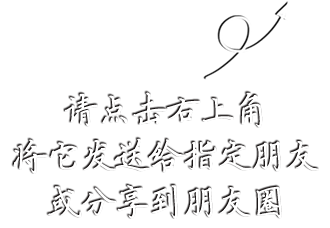
1. always/ often/ frequently/ often/
usually/ sometimes/ never
Ⅰ. 这几个词都是表频度的副词,它们之间的区别可用百分比来区分:
(0%)→(20%)→ 70%)→(75%)→(100%)
从不 —→ 有时 —→ 时常 —→ 通常 —→ 总是
即:never(0%)→sometimes(20%)→often/frequently(70%)→usually(75%)→always(100%)
Ⅱ always “永远、总是”。与进行时连用时,表“再三地、老是”等意思。有时还表“生气或不耐烦”等盛情色彩。如:
① The sun always rises in the east.
太阳总是从东方升起。
② I always get up at seven o’clock.
我总是在七点钟起身。
③ The boy is always asking whys.
这男孩老是问这问那没个完。
Ⅲ often “时常、常常”强调经常性。如:
① He often comes here to see me. 他时常到这儿来看我。
② We have often been there.
Ⅲ frequently “时常、屡次”常与often 通用。但它强调次数频繁。如:
① Business frequently brings him to Shanghai.
他时常因事到上海去。
② He frequently comes here to see her.
他时常到这儿来看她。
Ⅳ usually “经常”其动作频率仅次于always.常常与一般过时,一般现在时连用。
① I usually get up at six in the morning.
Ⅴ never “从不”是否定副词。常常与完成时连用。
① I have never been to the Great Wall.
② She said she had never gone there.
2. edge / side
Ⅰ.edge侧重于指很窄的 “边缘”, 如刀刃或沿边的一部分.如:
Put some salt on the edge of your plate.
在你的盘子边上放些盐.
Ⅱ.side “边, 旁边” 有时与edge同义,有时指 “(东西的)侧面”, “(一个)方面”, “(身体的)侧边”,如:
3. among/ between/ in the middle of
Ⅰ. among “在……之中/中间” 指三者或三者以上。通常表某个范围。如:
① Someone is wrong among us.
我们中间有人错了。
② There is a small village among the mountains.
大山之间有座小村庄。
Ⅱ. between “在…之间”指在二者之间,有时与and 连用。如:
① There is a river between us.
在我们两人之间有一条河。
② I’m standing between a house and a big tree.
我站在一座房子和一棵大树中间。
Ⅲ. in the middle of “在……中间”指在某事物中间,强调事物的两端的中间。如:
There is a bus stop in the middle of the road.
在这条公路中间有个车站。
4. animal/ beast
Ⅰ. animal “动物” 是区别于植物而言,是动物的总称,通常指兽、鸟、虫、鱼等。如:
① It’s an animal of monkey kind.
这是一种属于猴类的动物。
② The animal is hungry. 这个动物饿了。
Ⅱ. beast “四足动物”通常指不包括爬行动物的较大的四足动物。如:
① The camel is a beast of burden.
骆驼是负重的动物。
② The tiger is a beast of prey. 老虎是猛兽。
5. another/ other/ more
Ⅰ. 名词前表示具有增加意义的“还、再”,一般用 more 和 another. more放在数词之后,而another 放在数词之前;有时也可以用 other, 但other具有“不同”之意。保留它本意“别的”。如:
① one more thing, one other thing, another thing都表示“还有一件事”之意,如:
② I want three more / other books. = I want another three books.我还要三本书。
③ I stayed there three more days. = I stayed there another three days. 我在那儿又呆了三天。(这里不用other, 因day与day没有不同之意。
④ We need three more / another three hands to do the job.我们还需要三个人做这项工作。(这里不用other , 因不强调人与人的不同。)
⑤ He works on the Great Green Wall with many other people. 他与别的许多人一块在绿色长城上工作。( other 没有增加之意,表除自己以外的别的人。)
6. another/ the other/ other/ others/ the others
Ⅰ. another 指不定数目中的“另一个、又一个” (三个以上)用来代替或修饰可数名词。如:
I don’t think the coat is good enough. Can you show me another?
Ⅱ. other 泛指“另外的”修饰复数名词。如:
We study Chinese, maths, English and other subjects.
Ⅲ. others 泛指“另外的人或物”, 但不指其余的人或物的全部。如:
Some like swimming, others like boating.
Ⅳ. the other 指两个中的“另一个”如:
He has two sons, one is in Shanghai, the other is in Beijing.
Ⅴ. the others 特指某一范围内的“其余全部的人或物”如:
There are thirty books on the bookshelf. Five are mine, the others are my father’s.
7. answer/ reply
Ⅰ. answer “回答、答复”。是最普通的用语,包括用口头、书面或行动回答。它可以用作及物动词或不及物动词。如:
① He answered my question.
② It is a difficult question to answer.
这是一个难以回答的问题。
③ Please answer my letter as soon as possible.
④ They left a boy to answer the bell.
他们留下一个孩子应门。
Ⅱ.reply “回答、答复”。 但比answer 正式些。它指用口头或书面回答。严格地讲,是指有针对性地详细地回答。 它也指用行动回答。Reply 常用作不及物动词,回答某人或某事。后接to; 当它与直接引语或从句连用时,才用作及物动词。如:
① I didn’t reply to him.我没有答复他。
② He replied that he might go. 他回答说他可能去。
8. any/ either
二者所指的相关名词或代词的数量不同。
Ⅰ. any 指二个以上的“任意一个”人/物。如:
When can you go with me to the city?
Any day of this week will do.
什么时候你能陪我去城里?这个星期的哪天都行。
Ⅱ. either 一般指两个中的“任意一个”且其后不能接不可数名词。如:
Can you come on Friday or Saturday?
Either will do .
你能在星期五还是星期六来吗?哪天都行。
9. any/ some
Ⅰ.any “一些、一点、(有时不宜译出)” 一般用于疑问句、否定句。 如:
① Have you any new books? 你有(什么)新书吗?
No, I have not any new books. 我没什么新书。
② Have you any money with you? 你身边带了一些钱吗?
Ⅱ.some “一些、一点” 一般用于肯定句。如:
① I have some new books. 我有一些新书。
[注]:① any用于肯定句中时,表“任何……、随便……”等意思。 如You may come at any time. 你随便什么时候来都可以。
②some 用于疑问句时,表“期望得到肯定的回答”或“邀请”或“请求”等意思。通常用在带情态动词的问句是。如:
1. Aren’t there some envelops in that drawer?
那个抽屉不是有些信封吗?
2. Would you have some tea?您喝点茶吗?
10. anyone/ any one
Ⅰ. anyone “任何人”其后不跟of 短语。如:
Is there anyone at home.?
Ⅱ. any one “任何人/物”其后可跟 of 短语。如:
I’ll send you any one of these pens.
[注]:类似的用法还有:everyone





